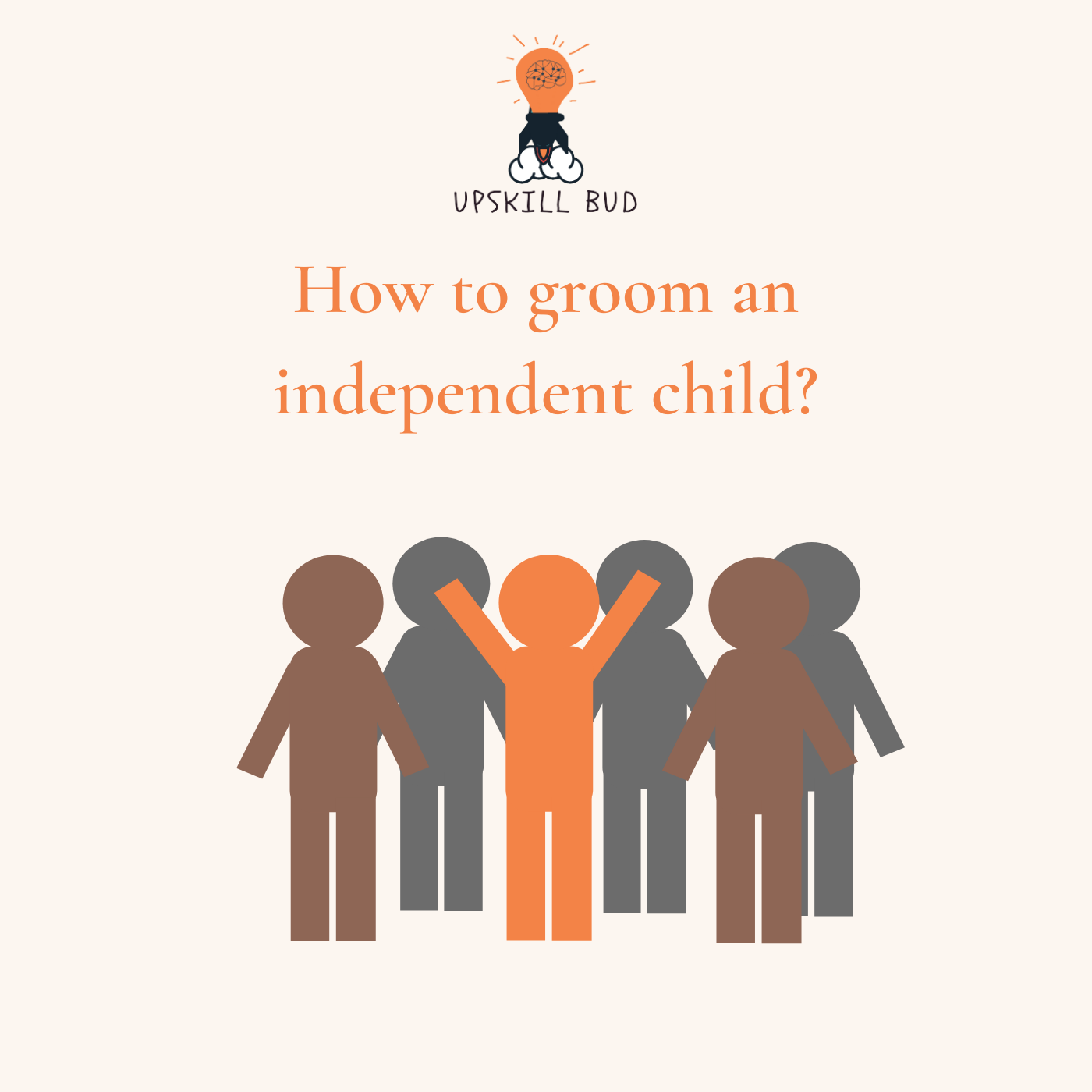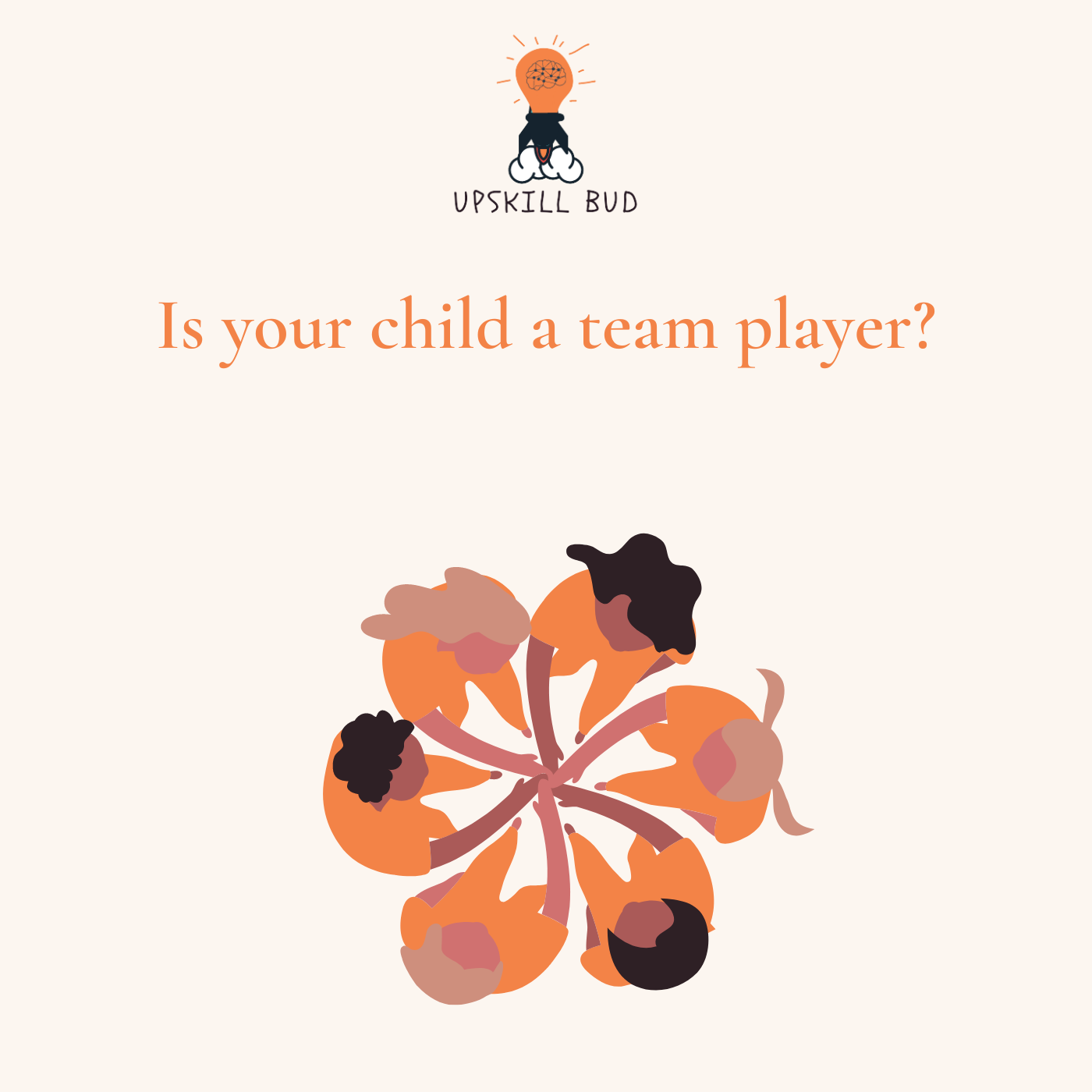
How to raise Independent Children

In Japan, children begin traveling to school by themselves from grade one of primary school, when they are about six years old.
In Japan, this is the norm.
For most parts of the world, the parental instinct is in this constant dilemma of wanting to raise responsible, independent, happy adults and wanting them to stay our babies forever. But, since growing up is inevitable, in this “How to Raise Independent Children” podcast we have compiled a list of tasks that you can assign to your kids and set them on the path of independence.
Other than loving them unconditionally, teaching them to be strong, and independent children might be the best gift we can give them. After all, parents, we’re raising future adults here. But, how exactly do we raise independent adults-in-the-making when we’re still dealing with tantrums, spilled milk, homework, and chores? It’s easier than you think.
For 4 to 7-year-olds
Initiate small chores.
“Resist doing those tasks which your kids can do for themselves”.
You might feel it easy for you to do it for them instead of asking them to do it. Because it might take longer, they might throw tantrums, etc; you need to have the patience to develop this.
But this pattern of regularly helping out your kids in small tasks like these makes them highly dependent. It leads to them believing that they can’t do these tasks themselves.
Think of these little tasks that the kids can do and start assigning them.
Here are some suggestions:
- Tie their shoelaces
- Fetch & pour water themselves
- Pack their school bags and after school, let them rearrange their bags.
Training
Taking time to train them is crucial. Have patience in teaching them that they can do most things for themselves.
This includes getting dressed, making their beds, and helping themselves to food in the refrigerator.
And naturally, the older kids get, the greater the responsibilities.
Understanding the importance of taking time in teaching self-reliant tasks gives them confidence. Further encourages the development of the skills so crucial for independence.
In addition, this saves a lot of your time also. Can you imagine, if we have independent children, they start doing all of these tasks on their own, you will have more time for yourself? You can have a greater bond with your kids. Instead of shouting at them for the most of day for not doing their jobs, you will have time to sit and talk to them and have a good time.
For 8 – 12-year-olds:
Set a mission and vision as caregivers to inculcate the habits that move our kids from complete dependence to complete independence. If we don’t, we stall their progress in benefitting from being self-reliant.
Older kids should be given more responsibility. They should be sharing a lot of household tasks by this age. And if you have not started yet, it’s never too late to start.
Introduce them to getting involved in family errands
Every member of a family plays an important role in a successfully running household.
If our goal is to raise independent children, there are basic skills they’ll need as functioning adults. Kids this age need to understand the importance of the contributions of every family member. Think of bigger responsibilities for these kids. They should be doing the laundry, taking out the trash, and responsible for finishing their homework, and if you feel confident, you can also send them out to a grocer, greengrocer, pharmacist, etc;
It preps their self-worth and pushes them to do even more to help out!
The earlier kids share a portion of daily duties, the better for everyone.
Allot a monthly monetary budget
Another excellent way to teach independent children is to offer them financial independence – an allowance. Giving them some petty cash every month can teach kids to budget and manage future income. As parents, we all are aware that handling monetary transactions is one of the most crucial aspects of independence.
Kids this age, anyways will be given pocket money. Why not, allow them to earn this instead?
Maybe there’s a new video game they want to buy, or a present on their best friend’s birthday, or a book. Because they have been given a monthly allowance it teaches kids how long it takes to save for things they want.
Inevitably it also teaches them how quickly and easily money can be spent.
If we allow some practice with a small budget to 13 – 17 yrs old by opening a savings account, our children will know what kind of hard work and patience these goals require.
Point to be noted: Please consider and be aware of not mixing up their monthly pocket money with their pay-up for contributing to household errands. Draw a line and make it clear that the cash given in exchange for ordinary help around the house should not be considered a reward. So, allowance should be given only to those tasks, which are not part of their family contributions.
For 13- 17-year-olds
At this age, kids are the ones that are at the end of their schooling and venturing into a completely different world. This is the age when they might move away from the house for higher studies.
Have we prepared them enough to be independent children and take on the world? Living alone means, they have to do budgeting, cooking, cleaning, studies, and more… Are we taking them on the right path. This is the age to teach them to be responsible independent adults.
Explain the importance of participation …and teach Failure is okay!
The constant need to be perfect is overrated. That kind of pressure causes kids a LOT of anxiety. Also, make them understand that perfection is subjective. Don’t allow your kids to gather the fear of failure, they don’t even give it their best.
Our role here is to give them the platform to experiment and learn. Give them all the responsibilities of the house. Including cooking. Do not hesitate, or doubt their capability. Allow them to take care of the house for one full day a week.
They should plan the entire day. Cooking, cleaning, shopping, laundry, etc; You can help them, but it is their job. They should know the difficulties and the problems they might face. This gives them a sense of control and dominion over their lives. Decisions also lead to independent thinking and independent actions. They learn from their bad decisions and can’t blame anyone else for them.
Our job is to appreciate every effort and celebrate failure. If the breakfast is salty, or tasteless, laugh with them. They will also learn to appreciate the efforts put in by parents in doing all these tasks every day.
Give an orientation in Problem-Solving
As much as we are brainwashed as parents to jump in and fix our kids’ problems, when it comes to facilitating them to do things on their own, this includes problem-solving!
Say they have a fight with friends or peers, allow them to find a solution on their own. If they have missed an assignment deadline, let them handle it with their teacher.
Resisting the innate nature of chiming in with solutions to their problems helps our kids feel confident and it provides an environment to finish the task at hand themselves.
We can throw in a safety net that allows kids to problem-solve in a controlled environment. This process and support are likely to teach them that wrong decisions won’t have to be treated with serious consequences.
Final Thoughts
As parents, it feels rewarding when our child asks for our help. We are ecstatic when they turn to us for guidance and affection.
Keep in mind that our long-term parenting goal is to coach our kids from being dependent on us into evolving as independent thinkers and doers. And that takes time and effort.
Raising kids and tuning them to be independent children in their everyday lives might be an unsettling feeling at first. But believe me, encouraging your kids’ independence is a gift that will keep on giving.
Listen to the podcast here.
Also Read: Power of meditation for students
Recomended Blogs

In recent times, there has been a noticeable surge in cases of viral fever, causing concern among both

Zedua
1 year ago

Is your child a team player? In today’s episode, we talk about the Importance of interpersonal relat

Zedua
3 years ago

Raising kids is not an easy feat, there are new challenges every day, and with every situation, compli

Zedua
3 years ago
